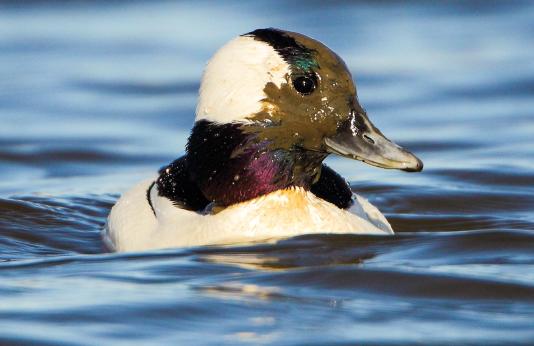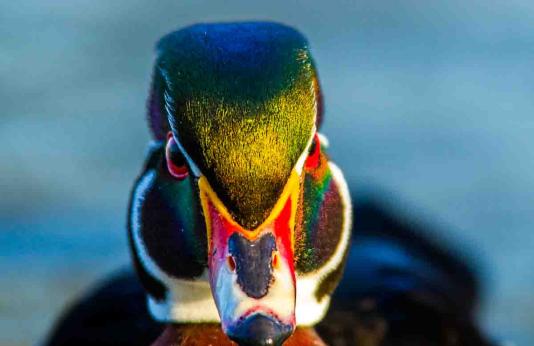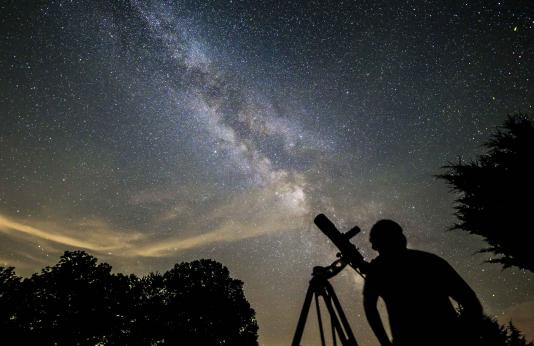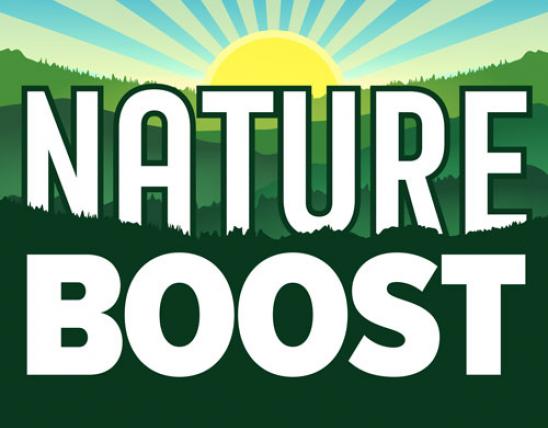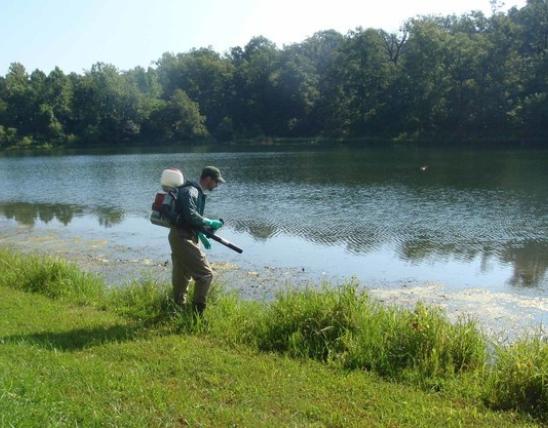Fall is a time of harvest and thankfulness. In appreciation of the bounties of the season, why not serve up a healthy slice of gratitude to our bees. These intentional pollinators are responsible for a third of our calories and upwards of 75% of our nutrition. Flowering plants and wildlife depend on them too. Without bees, Thanksgiving dinner would be lacking in color and taste.
Bob's Burgers
In the popular animated show Bob’s Burgers, Bob is known for his cooking skills which are fire! His diner is another story as Bob is a bit deficient in business. Like Bob, bees provide much of the foods we enjoy and need to survive. And like his business ideas, bees are declining in numbers.
Bob’s Burgers does thrive on puns, from the Burger of the Day to nearby retail shops. So, one might say we grow it to ourselves to let things grow for bees in return for the work they do in pollinating our foods, especially in those community gardens!
Have it Growth Ways
Here are some ways to help bees from farm to city.
- Plant if Forward: Plant native plants in your backyard or back forty, in a pot on your apartment balcony, or community garden. Native bumblebees will leave you alone so why not give it a grow. You can find MDC help for landowners as well as city organizations to get started.
- Bee Lazy: Mow less in the spring. Clovers and dandelions help bees. Waiting 2-3 weeks between mows and increasing the height on mower blades can increase bees up to 300%. Or try out No Mow May next year. Slacken on the mulch by leaving some open dirt for bees to ground nest. You can also leave your leaves on the ground in fall to protect the bees.
- Easy Come Easy Grow: Try to avoid or scale back on pesticides. Native plants require less protections as well as water.
- Grow Together: Support your local community gardens. Many cities are working to convert vacant lots to bountiful gardens. St. Louis city has one of the most diverse assortments of bees on the continent. There are many organizations to get involved to help our native species that pollinate a diversity of plants. You can grow off some stream and be a smarty plant.
Plantry Care
Most of our produce is pollinated by bees. Here's a sample of foods that we enjoy and their pollinators including some Thanksgiving favorites.
- Pumpkin: Squash bees, gourd bees, bumblebees
- Cranberry: Over 40 native bees including bumblebees
- Sweet Potatoes and mashed potatoes: The flowers of these tubers are pollinated by a variety of bees
- Apples: Honeybees and blue moon orchard bees
- Beef and Dairy: Cattle that feed alfalfa and clover which are pollinated by leafcutter bees
- Tomato: Buzz pollinated by bumblebees
- Avocado: Bees, flies, bats
- Sesame: Bees, flies, bats
- Others:
Blueberries, garlic, mustard, lettuce, parsley, cucumbers, celery, peppers, spics, herbs.
Plant it Forward!
Discover more on pollinators
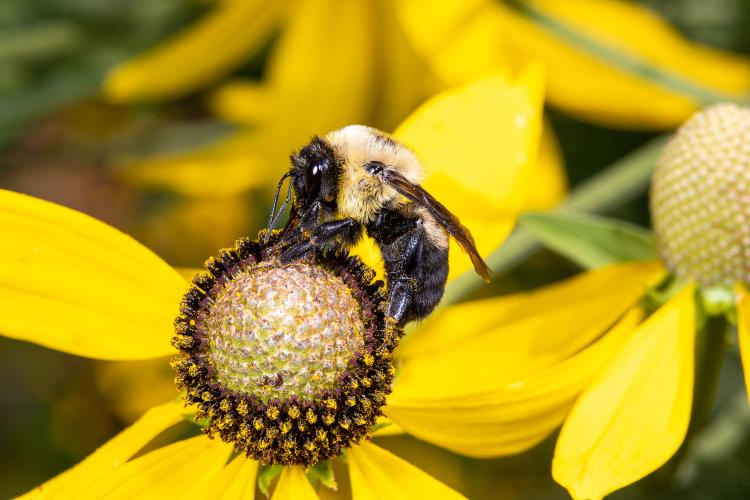
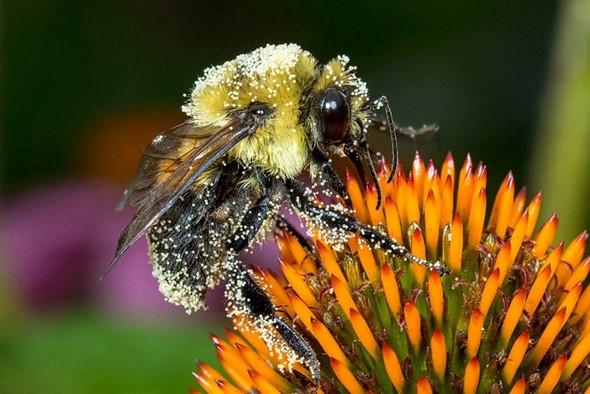
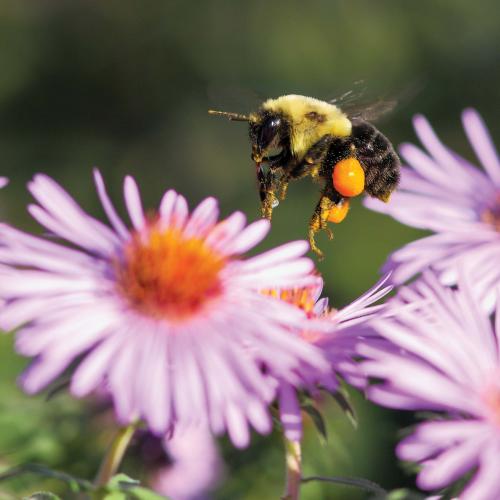
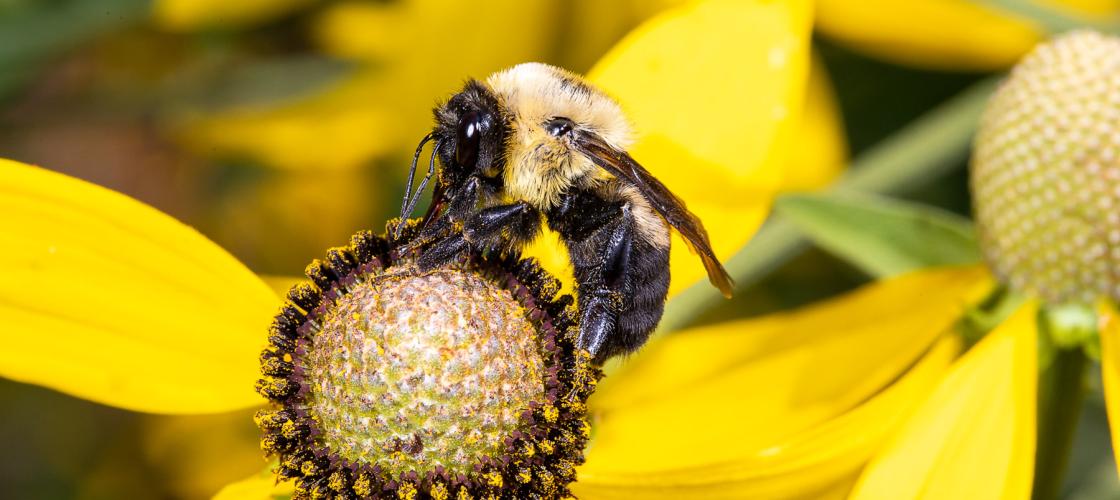
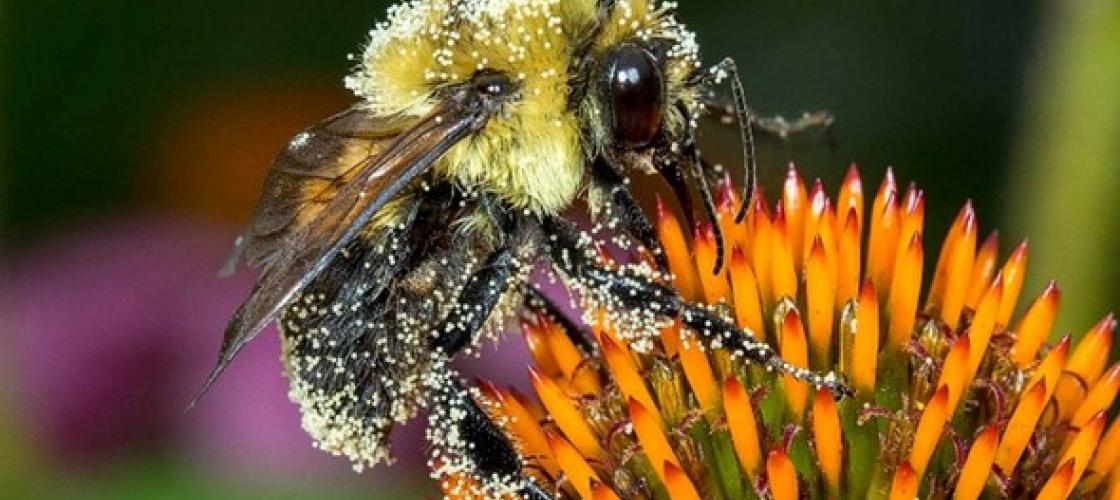
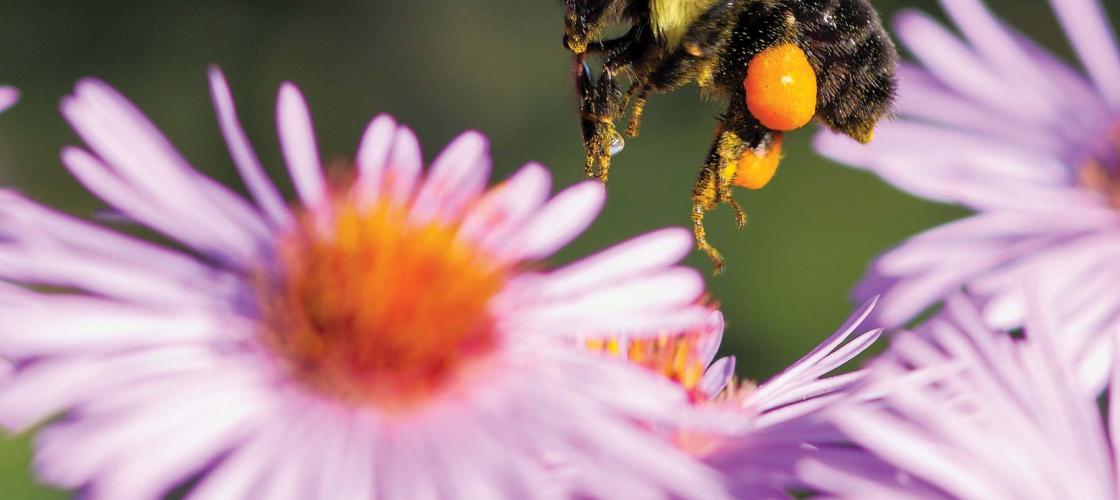
Recent Posts
